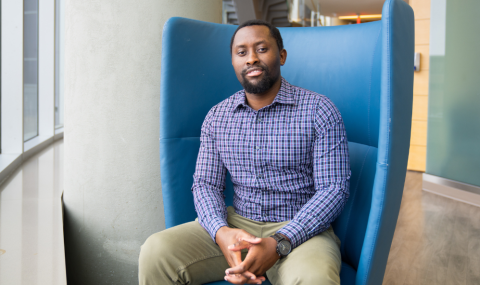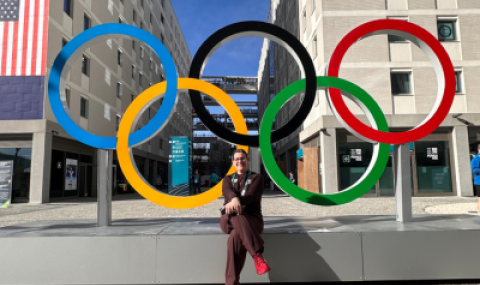Fatigue or feeling tired
Fatigue is caused by a number of things, including high doses of chemotherapy, low blood counts, infections, disruption of sleep, poor nutrition, pain, stress and depression.
Your energy level will begin to increase when new blood cells begin to engraft. Most people have fatigue for weeks and sometimes months after the transplant. It may take up to a year to return to your normal level of activity.
Talk to someone on the BMT team about how you feel. They may be able to help.
Some of the signs of fatigue are:
- Having little energy
- Feeling unusually tired and sleepy
- Losing interest in people and activities you usually enjoy
- Trouble concentrating
There are some things you can do to help you with your fatigue:
- Get plenty of rest. You may need to take short naps during the day.
- Don't oversleep during the day. Set an alarm to wake yourself if necessary.
- Pace your activities so that you have rest periods after activity.
- You may not feel like doing anything, but you should try even if it is just sitting in a chair several times a day.
- Rest when you need it.
- Set priorities and ask for help from others.
- Regular exercise, especially walking, is one of the best ways to combat fatigue. Exercise helps people eat better, sleep more soundly, and cope with stress. While in the hospital, walking for 10 to 15 minutes, three to four times a day is recommended.
- Drink at least eight cups of fluid a day.
- Eat a nutritious, well-balanced diet
- Distract yourself with music, reading, art, visiting with friends and other activities you enjoy.


